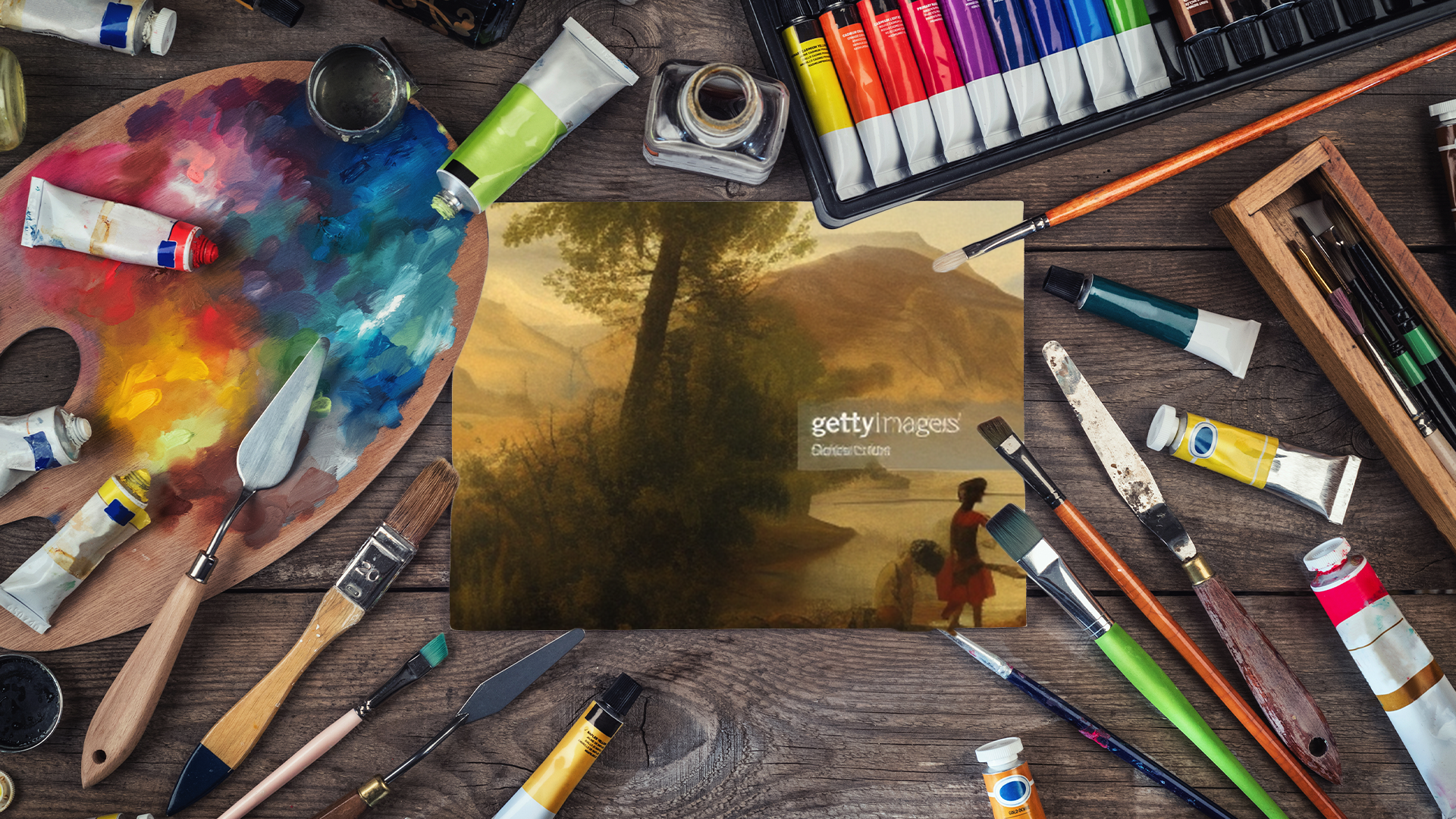#Getty Images Kicks Off the First Notable AI Art Lawsuit – Review Geek

Table of Contents
“Getty Images Kicks Off the First Notable AI Art Lawsuit – Review Geek”
The company wants a future where AI art “respects intellectual property.”

Last month, we explained that it’s only a matter of time before AI art tools like Stable Diffusion are the subject of copyright or IP lawsuits. Getty Images now says that it’s taking Stability AI to court. This is the first meaningful lawsuit against an AI image-generating company.
Details of the lawsuit are mostly unknown. Legal proceedings were filed in London’s High Court of Justice, with Getty Images claiming that Stability AI (the maker of Stable Diffusion) unlawfully “copied and processed millions of images protected by copyright and the associated metadata owned or represented by Getty Images.”
Essentially, Getty Images claims that its stock photos were included in Stability AI’s training data without any form of licensing or compensation. You don’t need to be a lawyer or a rocket scientist to prove that this is true—Stable Diffusion occasionally spits out images with watermarks from Getty Images, Shutterstock, and other stock photo platforms. I coaxed Stable Diffusion into producing such an image, which you can see at the top of this article.
I think the first part is explicitly their issue with AI art. It was trained off of other people’s work without permission and so it reproduces things it sees in their art. DALLE even had an issue early on where it kept reproducing the Shutterstock logo for this exact reason. pic.twitter.com/9D4X61phHx
— Kaby (@Kaby_bby) January 15, 2023
AI image generators are usually trained on publicly-available data. They scrape photos, illustrations, and other images from the internet without permission from original artists. This was a common criticism of Lensa AI, the “magic portrait” app that went viral last month. (For reference, Lensa AI runs on Stable Diffusion and made over $30 million in revenue. If you’re an artist whose work was included in Stable Diffusion training data, you made $0 from Lensa AI.)
It’s hard to make a legal case against platforms like Stable Diffusion, as the court has failed to set a precedent on this topic. Also, Stability AI is technically a “non-profit” that operates under a “fair use” or “fair dealings” argument. That’s why this lawsuit is so important—Getty Images is a lot more powerful than an individual artist, and its case against Stability AI could set the legal expectations for generative AI going forward.
“Getty Images provided licenses to leading technology innovators for purposes related to training artificial intelligence systems … Stability AI did not seek any such license from Getty Images and instead, we believe, chose to ignore viable licensing options and long‑standing legal protections in pursuit of their stand‑alone commercial interests.”
In an interview with The Verge, Getty Images CEO Craig Peters clarifies the goal of this lawsuit. Getty Images isn’t interested in legal damages, and it doesn’t want to slow the progress of AI. Instead, it wants to prevent “a singular entity benefiting off the backs of others.”
For what it’s worth, Stability AI claims that its training data is “ethically, morally, and legally sourced and used.” And the second-generation Stable Diffusion AI will let artists opt out of the training dataset.
Source: Getty Images
If you liked the article, do not forget to share it with your friends. Follow us on Google News too, click on the star and choose us from your favorites.
For forums sites go to Forum.BuradaBiliyorum.Com
If you want to read more like this article, you can visit our Technology category.




